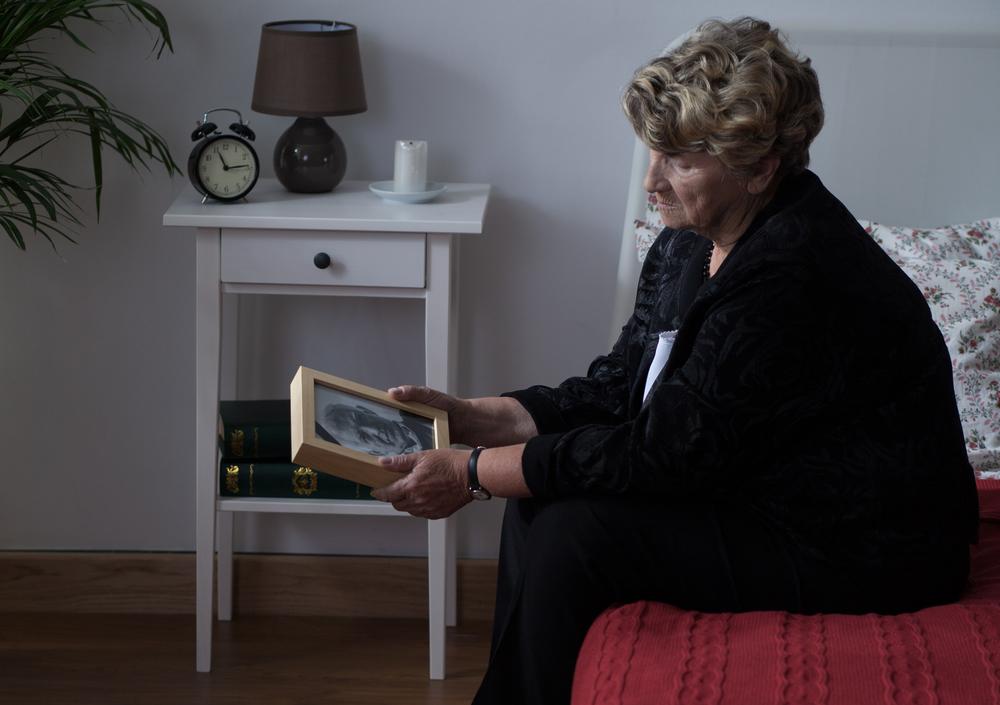
Social Security for Widowed Spouses in Retirement
If you are the widowed spouse of a person who worked under the Social Security system and has enough work credits to qualify, it’s important for you to understand what benefits you are eligible to receive and when. The good news is that widowed spouses are entitled to full Social Security benefits if they are the survivors of such a worker. However, there are restrictions as to what age these benefits can begin.
Survivors benefits can begin in full at retirement age which is different for survivors than for non-widowed spouses. Retirement age depends on a survivor’s year of birth, which ranges from 65 (for those born in 1939 or earlier) to 67 (for those born in 1962 or later). If you decide to retire earlier than your full retirement age, you are still eligible for partial survivors’ benefits but they are reduced based on a formula determined by the Social Security Administration. For every month earlier than the official retirement age that you decide you want to retire, a percentage is deducted from the survivors’ benefits, which ranges from 0.475% for those born in 1939 or earlier to 0.339% for those born in 1962 or later. The earliest you can retire and receive survivor’s benefits is 60.
The exception to the age-60 rule is if you are also disabled, and if that disability started within seven years on either side of your spouse’s death — in this case, you can start receiving Social Security benefits as early as age 50. The definition of disability is the same for widowed spouses as it is for workers, which includes certain conditions and their impacts on your ability to work. Furthermore, remarrying after you reach age 60 (or after age 50 for disabled survivors) will not affect the survivor’s benefits you are eligible to receive.
Another exception to the age restrictions is if you are taking care of the deceased worker’s child, who is under age 16 or disabled and receives benefits on their parent’s behalf. In this case, you can start getting benefits at any age.
Furthermore, you can switch out your survivor’s benefits for your own Social Security retirement benefits starting at age 62, or at a different “full retirement age” than others.

